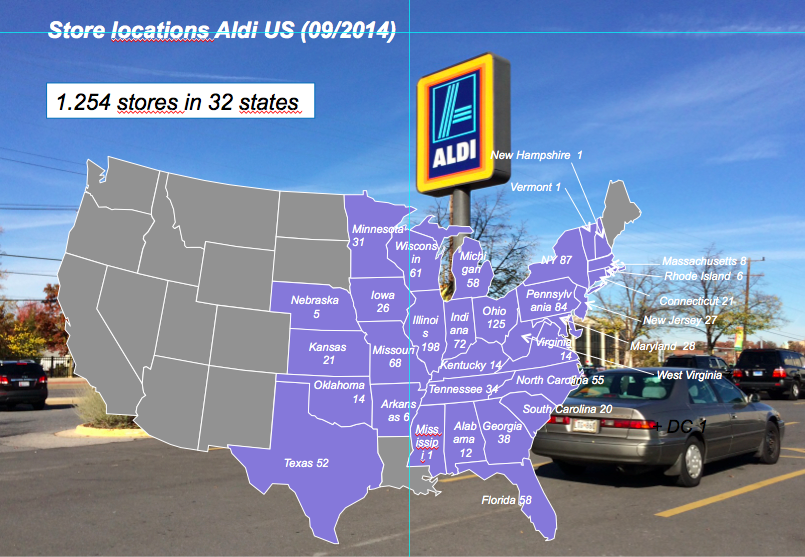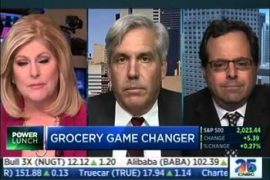
Lidl’s new stores opening in the US, the dynamic discounters in Germany, worldwide climate change, and presidents Macron and Trump are the focus of my June intercultural review.
Politics
After the vigorous handshake between Macron and Trump last month, the French president made international headlines again. Once America decided to withdraw from the Paris climate agreement, Macron invited all American scientists, engineers, and entrepreneurs to relocate to France. His promise? Make our planet great again! It’s worth noting that this was the first time that a French president gave an English address from the Elysée palace.
In another video, Dana—an American blogger living in Munich—explains the different reactions to climate change between Germany and the States. It’s excellent, and I highly encourage you to watch the entire clip. It’ll only take 8 minutes of your time.
Also, Germany has looked to France since the surprising victory of newcomer Macron. In this early June article (in German), the SPIEGEL explains how Macron charmed his country: “Whatever Macron tries to do, he has a lucky hand. The mood in France has completely changed. Joy and pride are back. The political earthquake has a good chance of extending to the parliament election.”
However, criticisms of Macron acting like a monarch are increasing. Check out Bloomberg on June 15th (“Why Emmanuel Macron isn’t talking to the press“) and SPIEGEL on June 18th (“Emmanuel I“).
According to Bloomberg, the “central idea was that a leader must remain above the political fray. In the French lexicon, that’s become known as the Jupiter approach. The president is like the king of the gods who fires lightning bolts down to Earth, impressing voters with carefully crafted images and just a few words of wisdom.”
Business
With its first stores opening in North Carolina and Virginia, Lidl is making big buzz in the retail community. Now, the new locations are a little far away for my regular grocery shopping, but this video can give you some ideas about their products: fresh bakery items or French specialties are just a few things that Aldi US doesn’t offer.
The arrival of Lidl in the US is also important enough that The Economist dedicated a full article to the topic. In “A Lidl Late? German deep discounters go big in America,” the magazine also announced the opening of 900 Aldi stores, making this retailer the third largest in the United States by store count.
“Lidl’s arch-rival, fellow German discounter Aldi has been in America for four decades and has 1,600 stores across 35 states. It has had success not just among poor Americans but, increasingly, among the middle class, according to Bain, a consultancy. Aldi is preparing for an expansion: on June 12th, it said it would add 900 more in the next five years, putting it third in the country by store count, behind Kroger and Walmart, America’s biggest retailer.”
German weekly business paper Wirtschaftswoche explores Lidl’s prospects in the US and explains why overseas business is capital for German retailers. In two years, they estimate, overseas sales will outgrow German sales.
Meanwhile, in their native Germany, Aldi, Lidl, and rivals Netto and Penny enjoy growth rates that are four times higher than classic supermarkets. Frankfurter Allgemeine Zeitung explains in his article from June 20th how these German discounters are striking back with modernized stores.
Consumer Survey
On www.growingwireless.com, the nonprofit organization CTIA publishes statistics about how children in America use their smartphones and other electronic devices.
Finally, Germans are loving DIY presents. Bento reports about it in here (in German).
I hope you enjoyed my June intercultural review. Let me know what I forgot!
Photo credit: Catherine Rochereul-Portier




